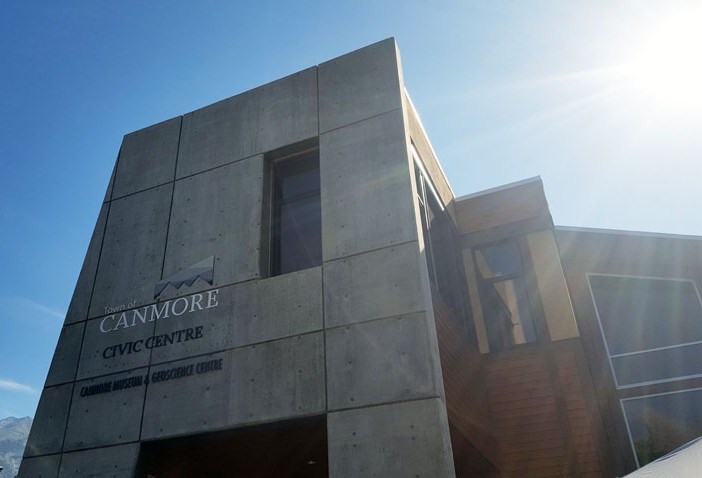CANMORE – Canmore’s elected officials will determine whether or not municipal projects that require an environmental impact assessment are to undergo a third party review on a case-by-case basis in the future.
Council was asked by administration this fall to consider officially waiving the requirement for a third party review of environmental impact statements (EIS) for municipal projects, a process private developers are required to undertake.
The change to waive the third party review was put forward for consideration as an amendment to the Municipal Development Plan, and at a public hearing in September significant opposition from the community was heard to the proposed changes.
General manager of municipal affairs Michael Fark put forward an argument for council to not mandate third party reviews for every environmental impact statement.
Fark said from a process perspective, the third party review would be redundant for administration to undertake and fiscally wasteful.
“The intent of the third party review is to ensure an independent expert reviews the work of the consultant, the concern being that the developer hires the consultant and directs them and that may not be in the interest of the municipality,” he said. “The Town retains its own third party reviewer at the Town’s cost, which is not recoverable from the developer, to ensure the Town’s interests are represented and the environmental impact statement is done to the appropriate standard.”
The intent, Fark said, is to ensure transparency and to protect the public interest, but the EIS policy does not indicate what should happen when the Town itself is the developer. He argued in that situation, administration is already directing the work of the EIS consultant and is working in the public interest through that process.
“It is administration’s position that hiring yet another consultant to review that consultant’s work is redundant and comes at considerable extra cost to the Town,” he said.
The cost of a third party review can vary depending upon the size and significance of a project, but Fark said generally they cost about $30,000 and as much as $100,000 to complete.
Public input into the change, however, was solidly in favour of a third party review for Town-led developments.
Former councillor John Kende spoke at the public hearing about the benefit of having a second opinion for an EIS, to double check the work was done properly and to ensure nothing has been missed through the initial analysis.
“We need a second opinion,” Kende said. “It is a science and because of that … there is no 100 per cent (correct) answer.
“A development is a development … why we need this is because the EIS is not perfect.”
Council received 26 letters in opposition to the proposed changed, including from Bow Valley Builders and Developers Association executive director Ron Remple.
Remple stated the municipality should be held to the same level of scrutiny that it uses for private developers.
“If the Town sees value in having a second professional consultant raise concerns about the mitigation of negative impacts of a proposal by a private developer, then it should see value in providing the same level of scrutiny to its own projects,” Remple wrote.
Council voted in favour of the change to the policy, but it was clear that elected officials would consider requiring a third party review in the future on a case-by-case basis.
Mayor John Borrowman said he was not entirely convinced that there is little benefit to having a third party review for an EIS in all circumstances when it is a Town development.
“I am not 100 per cent certain there may not be other projects that the Town leads that might benefit from a third party review of the EIS,” Borrowman said. “I wrestled with this all week … I am going to support second reading and continue to exercise that part of our job as council is that any project the Town undertakes that requires an EIS council will consider if it requires a third party review and if there is a benefit to taxpayers to have two separate opinions on the project.”
In passing second and third reading of the change to the MDP to exempt Town developments from the third party review process, the mayor and council indicated they would consider requiring the added level of review for projects during capital budget deliberations each year.




